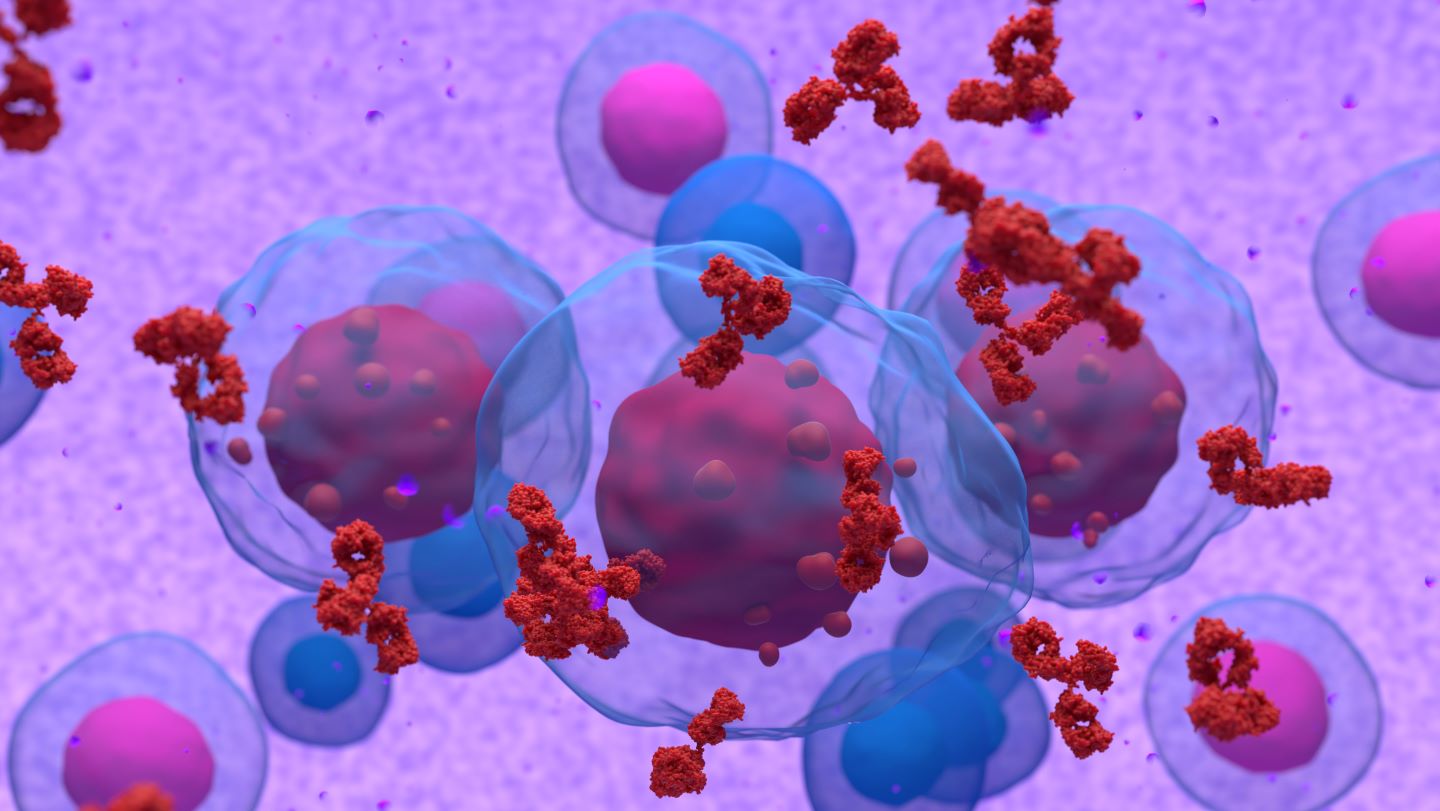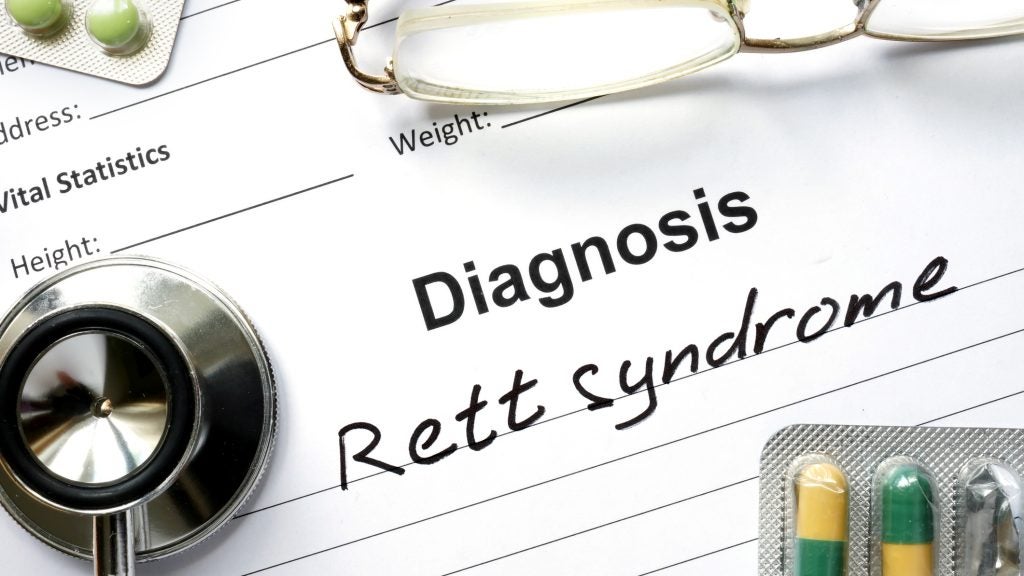
The US Food and Drug Administration (FDA) has granted orphan drug designation (ODD) for Ichnos Sciences’ ISB 2001 to treat patients with multiple myeloma.
ISB 2001 is a T-cell-engaging tri-specific antibody.
The company will commence a first-in-human Phase I dose-escalation, dose-expansion clinical trial of the antibody in 2023, once clearance has been given by the Australian Human Research Ethics Committee and the FDA’s approval has been received for its investigational new drug application.
ISB 2001 is the third clinical-stage asset of the company to obtain ODD status for multiple myeloma.
In March 2023, the company’s ISB 1442, a CD38 x CD47 biparatopic bispecific antibody innate cell modulator, also received ODD from the FDA.
Ichnos Sciences president and CEO Cyril Konto stated: “The FDA’s decision to grant orphan drug designation to ISB 2001 – our third clinical-stage asset to receive that designation in five years – underscores the importance of the work our team is doing to develop potentially curative therapies for the treatment of multiple myeloma.
How well do you really know your competitors?
Access the most comprehensive Company Profiles on the market, powered by GlobalData. Save hours of research. Gain competitive edge.

Thank you!
Your download email will arrive shortly
Not ready to buy yet? Download a free sample
We are confident about the unique quality of our Company Profiles. However, we want you to make the most beneficial decision for your business, so we offer a free sample that you can download by submitting the below form
By GlobalData“As new multiple myeloma diagnoses continue to climb, our charge of providing patients more innovative, novel therapies that can overcome the limitations of options available to them today becomes that much more urgent.”






